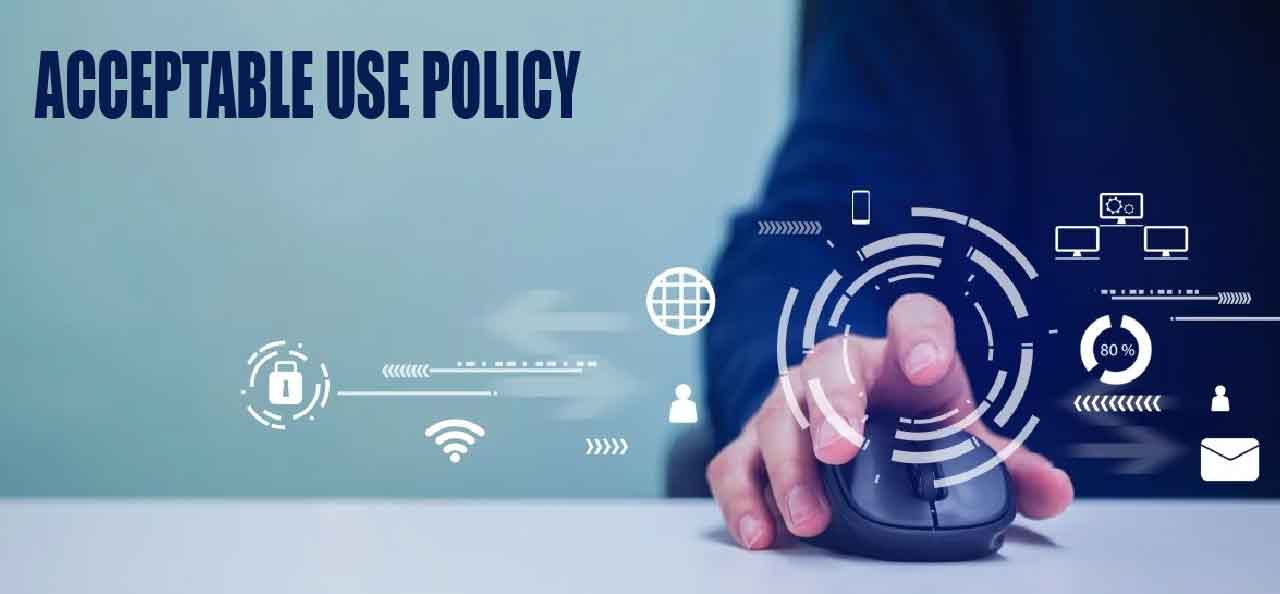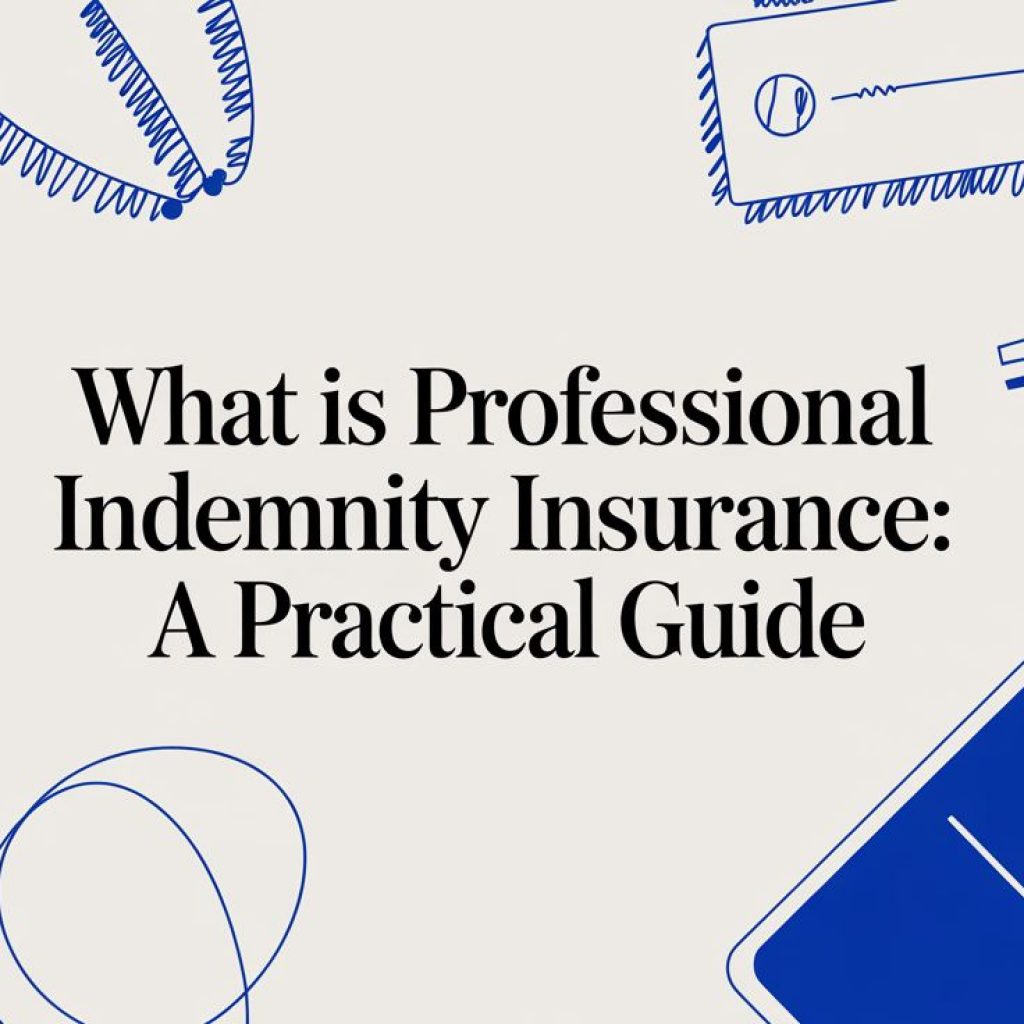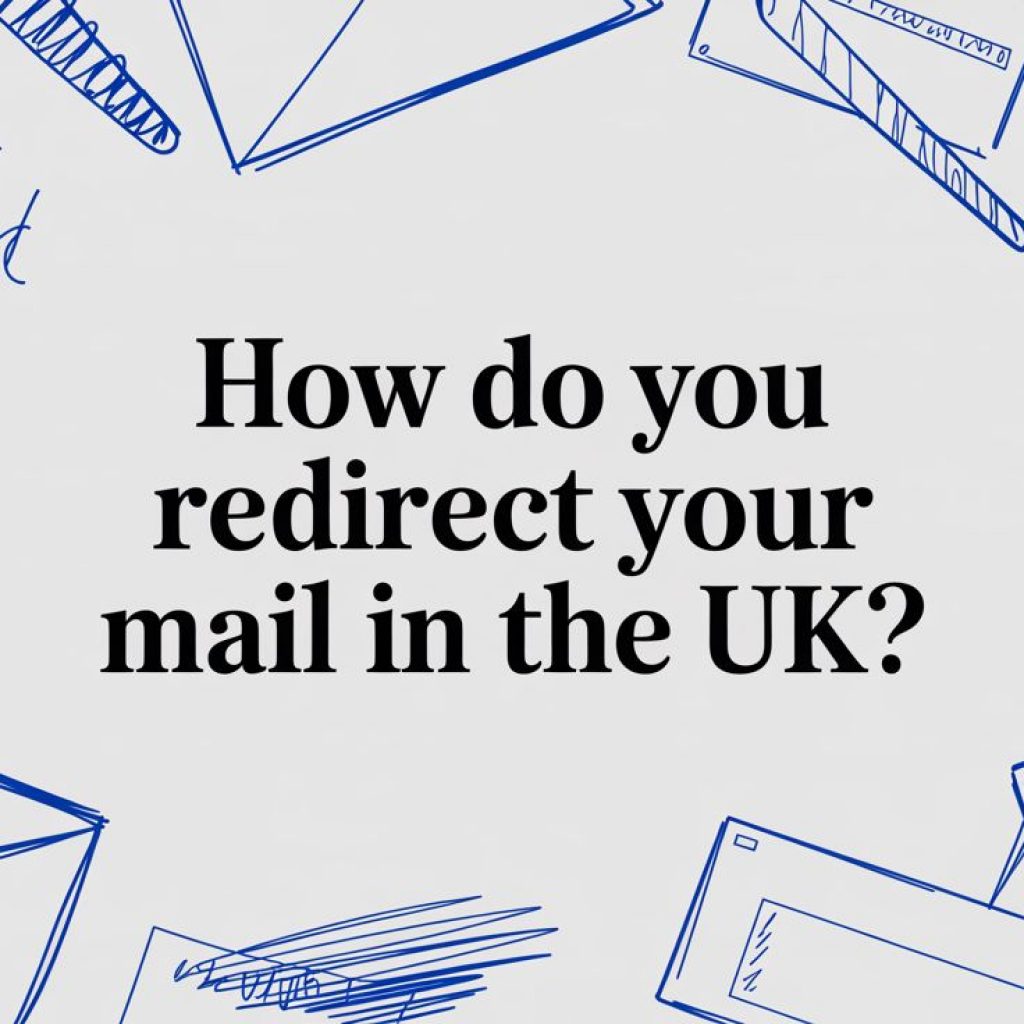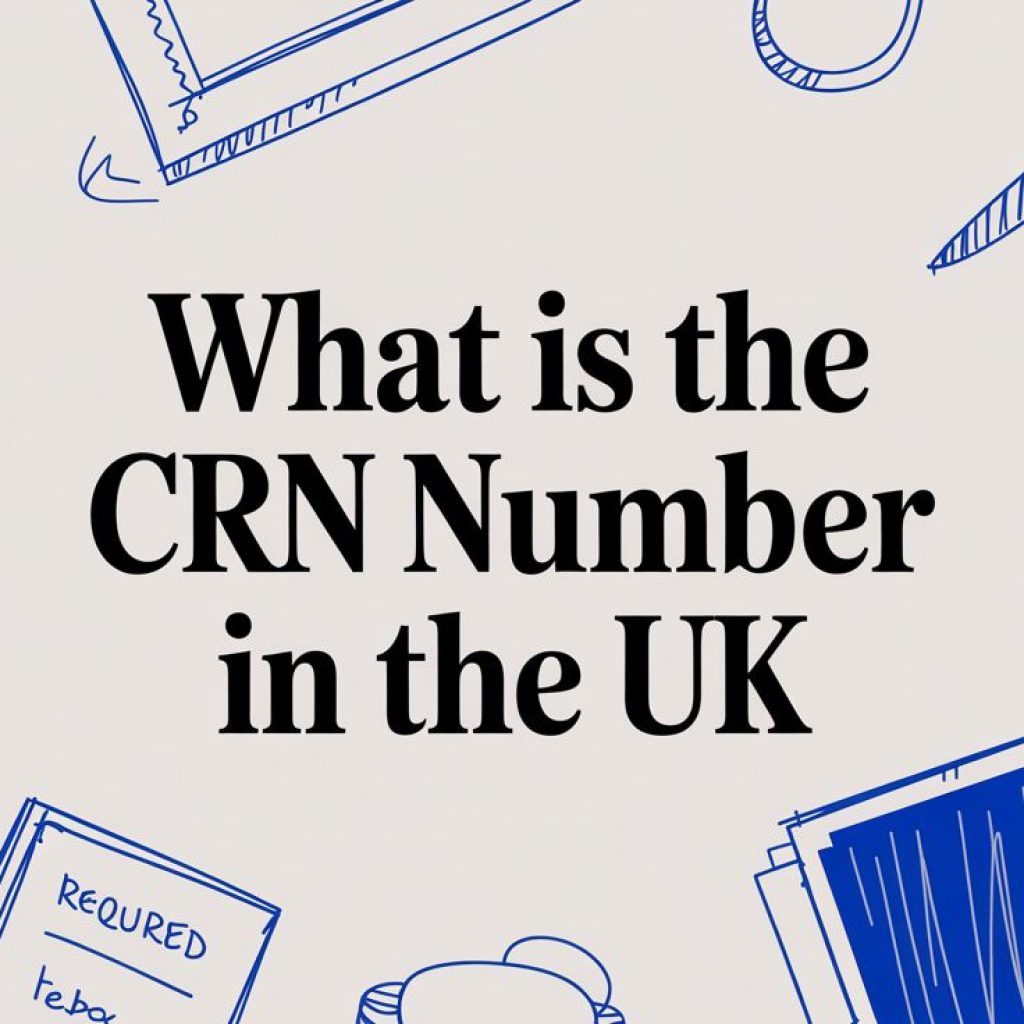
Website Acceptable Use Policy
Why Your Website Needs a Acceptable Use Policy!
1. Defining the Rules of Engagement
An Acceptable Use Policy is essentially a code of conduct for your website. It lays out the behaviors you permit and prohibit when someone interacts with your online platform.
This might include restrictions against;
- Posting offensive, discriminatory or harmful content.
- Uploading malware or attempting to hack your system
- Spamming, phishing or misusing contact forms.
- Copying or redistributing your content without permission
- Using your platform for illegal or unethical activities.
By stating these rules clearly, you help protect your site from abuse, and users know exactly what’s expected of them.
2. Legal Protection for Your Business
A well-crafted AUP can act as a legal safeguard. If someone misuses your website—whether that’s uploading malicious content, engaging in harassment, or violating intellectual property rights—you’ll have documented terms to reference.
This is especially important if:
-
You run a forum, blog with comments, or user-generated content
-
You offer interactive services, such as SaaS tools or e-commerce platforms
-
You allow user accounts or subscriptions
Having an AUP gives you the legal grounds to suspend, block, or ban users who breach your terms, and to shield your business from liability if users act unlawfully through your platform.
It also demonstrates that you take compliance seriously—something that can be valuable in any legal or regulatory dispute.
3. Enhancing Trust and Credibility
Transparency matters. When visitors see an AUP on your site, it sends a clear message:
👉 “We’re serious about maintaining a safe, respectful, and lawful environment.”
That builds confidence in your brand.
It shows:
-
You’ve thought about how your site can be used (or misused)
-
You’re committed to protecting your users and your content
-
You hold yourself—and others—to a standard of ethical conduct
This is especially important for businesses that operate in sensitive areas, such as education, healthcare, finance, or online communities, where behavior and content are closely scrutinised.
4. Preventing Reputation-Damaging Incidents
Online platforms can be misused in a variety of ways—some minor, some serious. Without a clear AUP in place, your business could be held responsible (legally or reputationally) for what users do on your site.
An AUP can help you:
-
React quickly and justifiably to misuse
-
Demonstrate accountability in the face of complaints or media attention
-
Set consistent enforcement policies if issues arise
Think of it as a pre-emptive measure: it reduces risk and helps avoid reactive crisis management.
5. Meeting Third-Party Requirements
Many third-party platforms—including web hosts, advertising partners, and payment processors—expect you to have an Acceptable Use Policy, especially if you’re handling user-generated content or facilitating transactions.
In some cases, failing to include one could lead to:
-
Loss of service or support
-
Rejection from affiliate networks or ad programmes
-
Delays in onboarding new integrations
In short: an AUP can be key to ensuring you stay in good standing with essential business tools and services.
6. Its Easy to Implement
Creating an AUP doesn’t have to be complicated. Many businesses start with a template tailored to their industry, then customise it based on the nature of their website and services.
Your AUP should be:
-
Easy to find (linked in your footer or terms section)
-
Written in clear, plain language
-
Regularly reviewed and updated as your site evolves
7. Why Business Website Needs an Acceptable Use Policy - Final Thoughts
An Acceptable Use Policy isn’t just a legal formality. It’s a statement of values, a risk management tool, and a cornerstone of online professionalism.
If you want to protect your website, your users, and your brand, make sure you’re not leaving this policy off the table. Adding an AUP is a small but powerful way to show that your business is trustworthy, responsible, and prepared for the digital world.
- Download your free Acceptable Use Policy Template here
- Take a look at why your business needs a privacy policy






